Tensions flared across China over the weekend as hundreds of protesters took to the streets to hold demonstrations against Xi-Jinping's strict COVID-19 policy. While one group in Shanghai briefly raised anti-Xi slogans, a group in Beijing reportedly called for greater political freedom. Most of them held a blank piece of paper, eventually considered a protest symbol.
However, all these majorly remained off the front page of the Chinese media. Moreover, AFP reported that the country was moving to "censor" the rare, widespread protests.
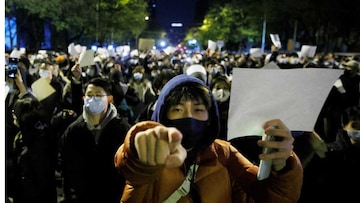
(Credit: AP)
On Monday morning, the Chinese media, including Global Times, China Daily, People's Daily Online and CGTN, focused on Taiwan local elections, the Shenzhou XV mission, Xi's meeting with the Cuban president, FIFA World Cup and the Russia-Ukraine war. The ongoing protests over the COVID-19 strategy were off the charts. However, Global Times and China Daily had reports about easing restrictions in some parts of Xinjiang capital on its website.
Moreover, discussion of the protests, pictures, and footage has sparked a game of cat-and-mouse between social media posters and censors.
As the protest over the ultra-strict COVID-19 curbs continues in parts of Shanghai, news agency AFP shared a video claiming that police in the city "were pulling people aside and ordering them to delete photos on their phones".
It reported, "China's censors are working to extinguish signs of rare, social media-driven protests that flared across major cities over the weekend..." Meanwhile, News 18 reported that Beijing had censored the content related to the demonstrations on Chinese social media platforms.
Several videos and images of the widespread protests in China circulated on social media. Some unverified videos showed protesters chanting, "Down with the Chinese Communist Party, down with Xi Jinping". In other videos, university students were seen singing in protest and holding rallies.
These reports "vanished" from WeChat and were replaced by notices saying the content was reported as "non-compliant or sensitive content." Moreover, the search on Weibo - a Twitter-like social media platform - for the hashtag #A4 also appeared to have been manipulated, News 18 reported. #A4 refers to the blank paper held up by protesters at rallies in a symbolic protest.
Spamming content using Twitter accounts was also reportedly adopted to obscure news on protests. "Twitter's radically reduced anti-propaganda team grappled on Sunday with a flood of nuisance content in China that researchers said was aimed at reducing the flow of news about stunning widespread protests against coronavirus restrictions." the
Washington Post reported.
This is not the first time China has been accused of censoring content. The last time it happened was before the crucial meeting of the Congress of the Communist Party of China (CPC). Photos circulating on social media had shown two banners hung on an overpass of a major thoroughfare in the northwest of the Chinese capital. The banners were put up in protest against Xi's unpopular zero-COVID policy and authoritarian rule. However,
China's internet censors moved quickly to scrub social media posts.
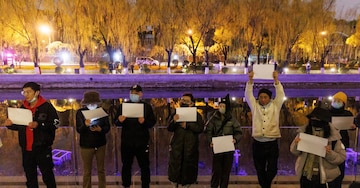
(Credit: Reuters)
While the current protests have garnered attention worldwide, China's government has not commented on the protests or criticism of Xi. There was no official word on how many people were detained after police used pepper spray against protesters in Shanghai and struggled to suppress demonstrations in other cities, including Beijing, the capital.
First Published: Nov 28, 2022 3:40 PM IST
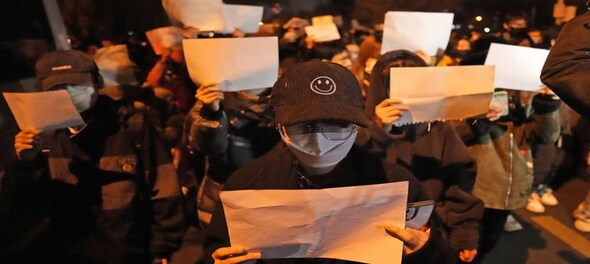
 (Credit: AP)
(Credit: AP)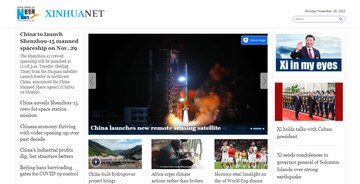
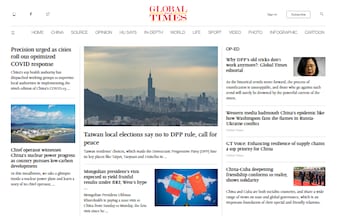

 (Credit: Reuters)
(Credit: Reuters)


